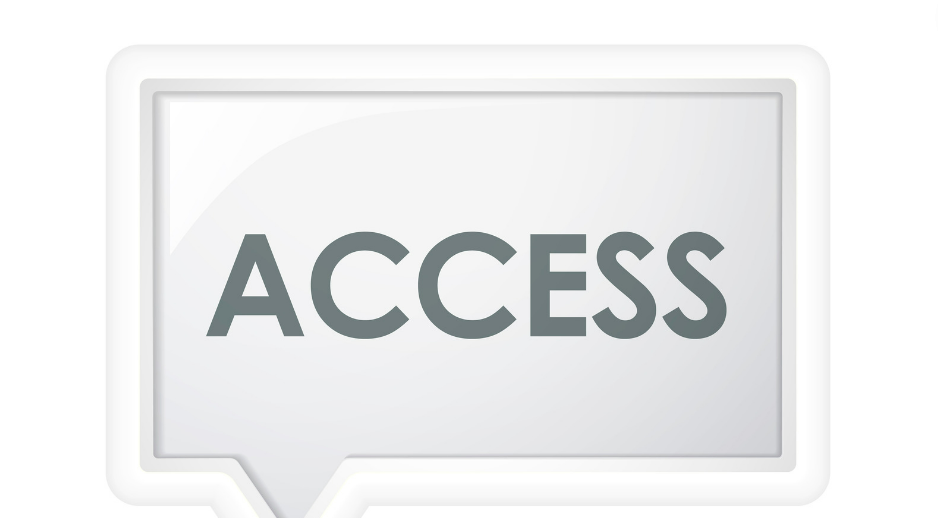In a constantly evolving mental healthcare landscape, it has become essential for behavioral health organizations to adopt efficient and effective technology solutions. Electronic Health Record (EHR) systems have emerged as the answer to streamline documentation, improve communication, and enhance patient care. Let’s discuss the seven benefits of utilizing a mental health EHR specially designed for your practice.
Comprehensive Patient Data Management
One of the key EHR features for behavioral and mental health practices is the ability to store and manage comprehensive patient data. This includes patient demographics, medical history, medications, lab results, and more. By consolidating all this information in a single platform, practitioners can easily access and analyze patient data, leading to more accurate diagnoses and individualized care plans.
Improved Collaboration and Communication
Mental health EHR systems foster better communication and collaboration among healthcare professionals, patients, and their families. Real-time updates and secure messaging features allow healthcare providers to consult on patient cases, ensuring that everyone is on the same page and working together toward optimal patient outcomes.
Enhanced Security and Compliance
Mental health practices must adhere to strict privacy regulations, such as HIPAA. Utilizing a mental health EHR ensures that sensitive patient data is securely stored and accessed only by authorized users. Additionally, EHR systems come with built-in compliance tools that help practices stay up-to-date on regulatory requirements, decreasing the risk of costly violations.
Integrated Treatment Planning
Consolidating and organizing patient data within a mental health EHR system enables clinicians to create comprehensive, data-driven treatment plans. By tracking progress over time and considering a patient’s full history, practitioners can tailor treatment plans to meet individual needs and offer more effective care.
Streamlined Billing and Practice Management
Automated billing and efficient practice management are two of the top benefits of a mental health EHR. EHR systems can automate various administrative tasks, reducing paperwork, minimizing errors, and saving time. Additionally, integration with insurance providers can streamline the claims process, leading to faster payments and improved cash flow.
Patient Engagement and Self-Management
Mental health EHR systems also offer features tailored to engage patients and support self-management. Through secure patient portals, individuals can view their own records, schedule appointments, and communicate with their healthcare providers. This increased access and involvement in one’s own care can empower patients to take a more active role in their treatment journey.
Interoperability and Scalability
Interoperability and scalability are vital factors for any organization, especially in behavioral healthcare. Mental health EHR systems facilitate data sharing among different healthcare stakeholders, enabling better-coordinated care. Additionally, EHR systems can adapt to the growing needs of a practice, ensuring seamless operations despite evolving demands.
To Sum Up
Adopting a mental health EHR system offers numerous benefits that lead to better organization, communication, and patient care in behavioral healthcare settings. As organizations look to improve patient outcomes and streamline processes, considering the implementation of an EHR tailored to mental health practices is a step toward assisting clinicians, their patients, and their families in navigating the complexities of mental healthcare.













Comments